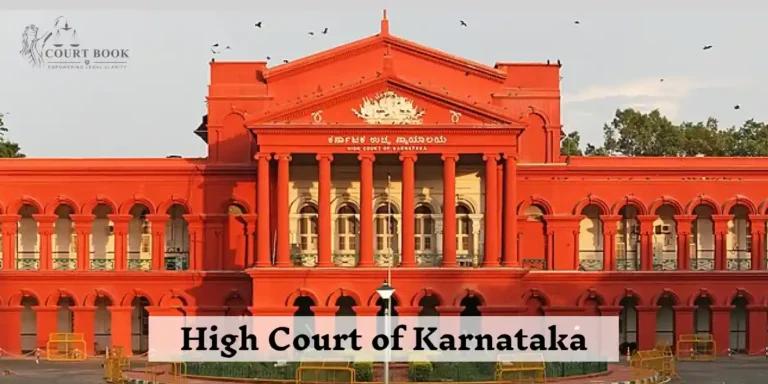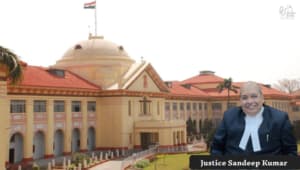In a significant ruling aimed at promoting cooperative farming and ensuring equitable access to subsidies, the Karnataka High Court has struck down a 2008 government order that denied agricultural power tariff subsidies to farmers' societies based solely on collective power consumption exceeding the prescribed limit.
Justice Sachin Shankar Magadum, while allowing the writ petition filed by Shrishail Irappa Kempwad and another petitioner—secretaries of their respective cooperative societies—declared the order dated September 4, 2008, as unconstitutional. The court directed the State of Karnataka and electricity distribution companies, including HESCOM, to review and amend their policies to ensure registered farmer societies receive the same benefits as individual farmers.
“Consequently, it is declared that the impugned Government Order No. EN 55 PSR 2008 dated 4th September 2008 is unconstitutional, in so far as it denies the benefit of power tariff subsidy to farmer societies purely on the ground of collective consumption exceeding the specified horsepower limit,” the court stated.
The petitioners had developed lift irrigation schemes drawing water from the Krishna River to irrigate around 200 acres and 103 acres in Parthanahalli and Madhabhavi villages in Athani Taluk, investing over Rs. 5.79 crore. They approached the court after being denied power subsidies on grounds that their electricity consumption exceeded 10 HP, the threshold for marginal farmers.
They argued that while the state has a constitutional obligation to provide irrigation, inaction forced them to organize collectively to create irrigation infrastructure. However, this collective action led to their exclusion from the power subsidy, violating Article 14 of the Constitution, which guarantees equality before law.
Opposing the plea, HESCOM stated that the societies had voluntarily entered into HT power supply agreements in 2016, and thus the terms of the agreement, not the government order, governed the power tariff. The government further argued that while individuals were eligible for subsidies, collective entities like societies were not, and the scheme was never intended for such group arrangements.
The High Court, however, found this classification irrational and discriminatory. It held that the policy lacked a logical connection to the intended purpose of agricultural subsidies, which is to aid marginal farmers and promote sustainable farming practices.
“The denial of power subsidy to registered farmer societies, solely on the ground that their collective consumption exceeds a prescribed limit, is hereby declared unconstitutional and arbitrary,” the court said.
It further held that the policy unjustly penalizes farmers who opt for cooperative farming, a practice the government itself endorses through various schemes.
By denying subsidies to societies that form for collective action, the government contradicts its own policy objectives and fails to support sustainable agricultural practices. Penalizing farmers who organize into collectives discourages cooperative farming, which is a critical aspect of ensuring long-term sustainability in Indian agriculture, the judgment read.
The court pointed out the inconsistency in the policy, noting that while subsidies are granted to unmetered installations on the basis of estimated consumption, registered societies with per capita usage within the eligible limits are denied the same benefit.
“This action is not only legally flawed but also defeats the very purpose of agricultural subsidies, discourages cooperative farming, and promotes inefficiency and wastefulness in electricity consumption,” it added.
While the petition was partly allowed, the court directed the societies to clear their outstanding dues. It also gave them the liberty to submit detailed representations to the state seeking power tariff subsidies under the revised policy framework. However, the court declined to quash the demand notice from HESCOM and refused to declare the COVID-19 period as a Force Majeure event for non-payment.
The judgment reinforces the constitutional principle of equality and highlights the need for policy coherence that supports sustainable and cooperative agricultural practices.
Case Title: Shrishail Irappa Kempwad & Another v. State of Karnataka & Others
Case No.: Writ Petition No. 103671 of 2021
Advocates: Shridhar Prabhu for Petitioners; AGA Ashok T. Kattimani for R1; B.S. Kamate for R2; Shivaraj P. Mudhol for R3 and R4














